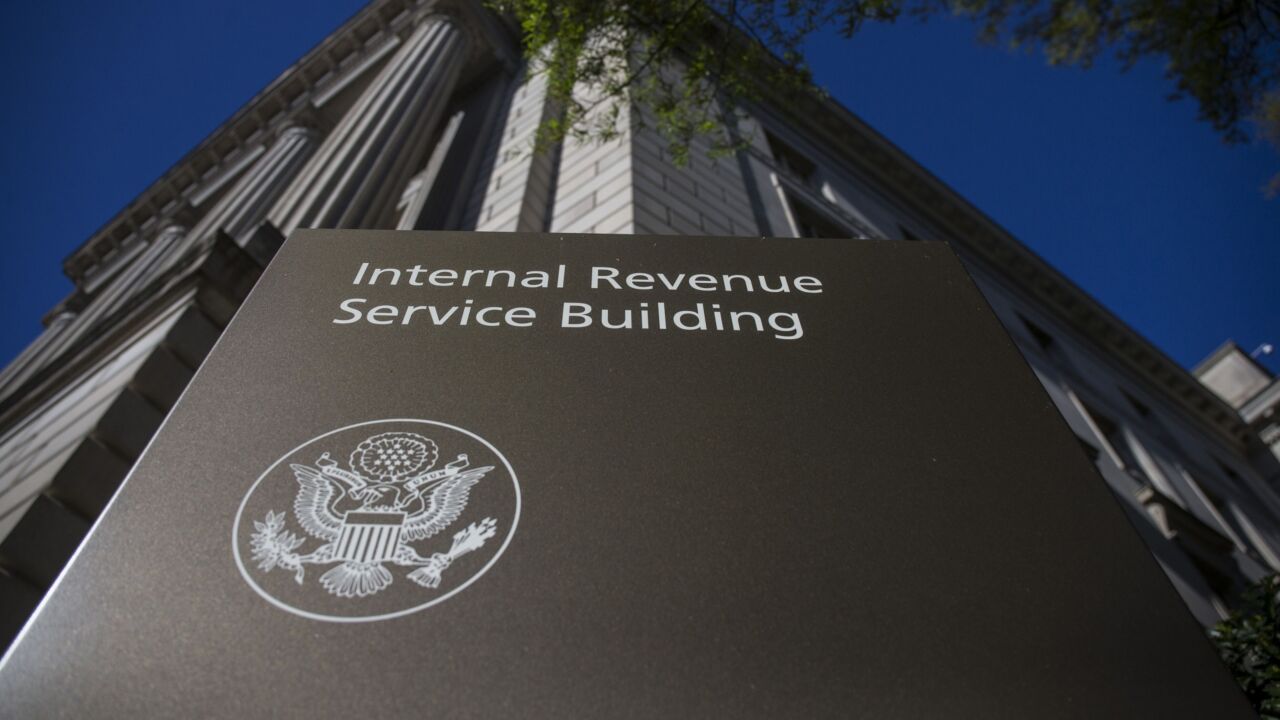-
In the 1980s Freddie Mac had a marketing campaign "The Gnomes Know," touting their expertise in mortgage markets. Now the Federal Housing Finance Agency has filed a $200 billion lawsuit against 17 of the nation's largest mortgage lenders arguing that during the subprime lending debacle of the last decade the gnomes didn't know!
September 6 -
The federal agency that oversees Fannie Mae and Freddie Mac filed lawsuits Friday against 17 financial institutions, including some of the largest American banks, alleging that they made misrepresentations when they sold private-label mortgage-backed securities to Fannie and Freddie.
September 2 -
WASHINGTON — Federal regulators are seeking input on new options for selling foreclosure properties owned by the government sponsored enterprises and the Federal Housing Administration.
August 10

Freddie Mac said it will not dramatically discount its backlog of foreclosed homes, arguing that such steep price cuts could destroy the housing market.
The government-sponsored enterprise told investors this month that it is currently selling 90% of its real estate-owned properties at asking prices and is not considering "significant discount pricing,"
Such discounts could help Freddie rid itself of its backlog of foreclosed homes. But dumping so many properties at once could also drive down housing prices broadly and harm the greater economy, a Freddie spokesman told American Banker.
"We absolutely don't want to tank the housing market," spokesman Brad German said.
Freddie sent the letter and a questionnaire this month to investors who are interested in acquiring properties in bulk through its REO sales unit HomeSteps. Freddie said it wanted to share its marketing and pricing strategy and reiterated that its primary focus is on "selling affordable housing to owner-occupants at market value."
"Currently we are selling above 90% of market value in most of our volume markets," Freddie said in the letter. "We are extremely mindful of the impact in our approaches to pricing and how it affects the values of neighborhoods should a discounted sale occur."
Most investors are low-balling the government, trying to buy REO properties at 40% to 60% below the current listing price, Freddie said in the letter. It added: "We are not considering any such significant discount pricing."
Freddie properties spend an average of 110 days on the market before being sold, and their pricing is based on two broker price opinions: one from a listing agent and another from an independent broker.
Some investors have criticized both Freddie and Fannie Mae for refusing to make major discounts on REO properties, for a lack of supervision of the broker price opinions process, and for listing properties that need major renovations at what investors consider to be above-market values.
"They list properties for a price that we would normally list them for after a remodeling," said John Helmick, chief executive of Eugene, Ore.,-based Gorilla Capital, a large purchaser of homes at foreclosure auctions.
Freddie spokesman German said most properties sell "as is" because the agency is operating under conservatorship and is trying to "minimize losses and be good stewards of taxpayer dollars."
Federal regulators last month issued a request for information on options for unloading foreclosed properties owned by the GSEs and the Federal Housing Administration. The regulators asked for submissions by Sept. 15.
At the end of June, Freddie had 60,569 REO properties and Fannie had 135,719. But many of the REO properties are not listed for sale because they may still be occupied or need repairs.





